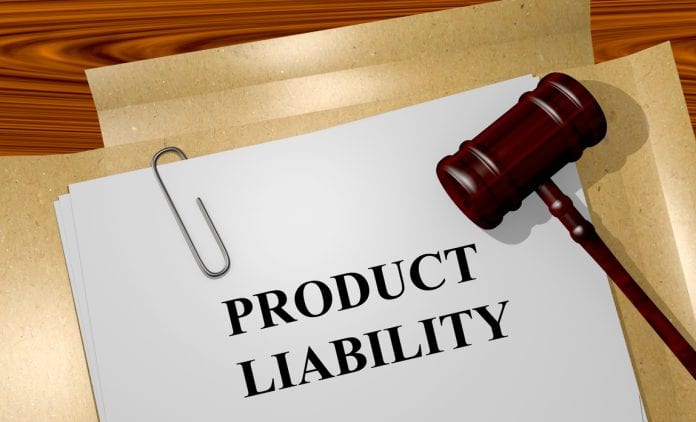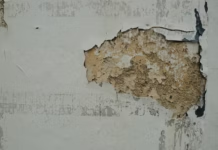Product recalls can be a frustrating exercise for those involved, be they customers, manufacturers or distributors. Defective products not only pose serious safety risk to customers but can also cause significant financial and reputational damage to the companies concerned.
A recent tumble dryer recall uncovered 65,000 potentially dangerous machines, with the model blamed for over 750 fires across the UK. The fire damage saw victims lose their homes and possessions, and with some of those affected being uninsured, it raises the question over who has to foot the bill.
So what happens if a faulty product results in damage to you or your property? Is the manufacturer liable or will your insurance cover it? Do uninsured victims have any legal recourse?
David Newman, Legal Adviser at DAS Law, explains the rules of a recall…
The Consumer Protection Act 1987 states that there is strict liability for manufacturers for death, personal injury or loss or damage caused by defective products. This strict liability means that where a product is defective, then in most cases, the producer of that product is automatically liable for any harm caused by the defect. The Act also stipulates that there needs to be a minimum of £275 worth of property damage, however there is no maximum limit.
The claimant must also be able to show that on the balance of probabilities, the defect in the product caused the property damage. When it comes to suppliers of the product, they are not usually liable, unless they have failed to identify the manufacturer involved.
If the manufacturer has done what has been required by regulators, are they still liable to pay for the damages if anything occurs to the property of those who have ignored the recall or were not aware of it?
Due to strict liability, the manufacturer could potentially be liable even if the customer has ignored or is not aware of the recall. A potential defence to this would be, if at the time of the production of the product, the level of scientific and technical knowledge wasn’t advanced enough for the manufacturer to have known about the defect in the product.
What if the customer has no home insurance in place and sees significant damage to their property – who is legally obligated to foot the bill?
If the customer was uninsured and they suffered damage to their property, they could potentially recover their losses from the manufacturer through the civil courts, if the manufacturer couldn’t prove the above. For a civil courts claim, the customer would need to bring the claim within three years of when the damage occurred or when it was discovered by the customer. This is subject to a maximum period of ten years after the particular product was put into circulation.
Disclaimer: This information is for general guidance regarding rights and responsibilities and is not formal legal advice as no lawyer-client relationship has been created.

| [donate]
| Help keep news FREE for our readersSupporting your local community newspaper/online news outlet is crucial now more than ever. If you believe in independent journalism,then consider making a valuable contribution by making a one-time or monthly donation. We operate in rural areas where providing unbiased news can be challenging. |



















